13 September 2025
What do you do with your leftovers?
Commissioner Jane Paone
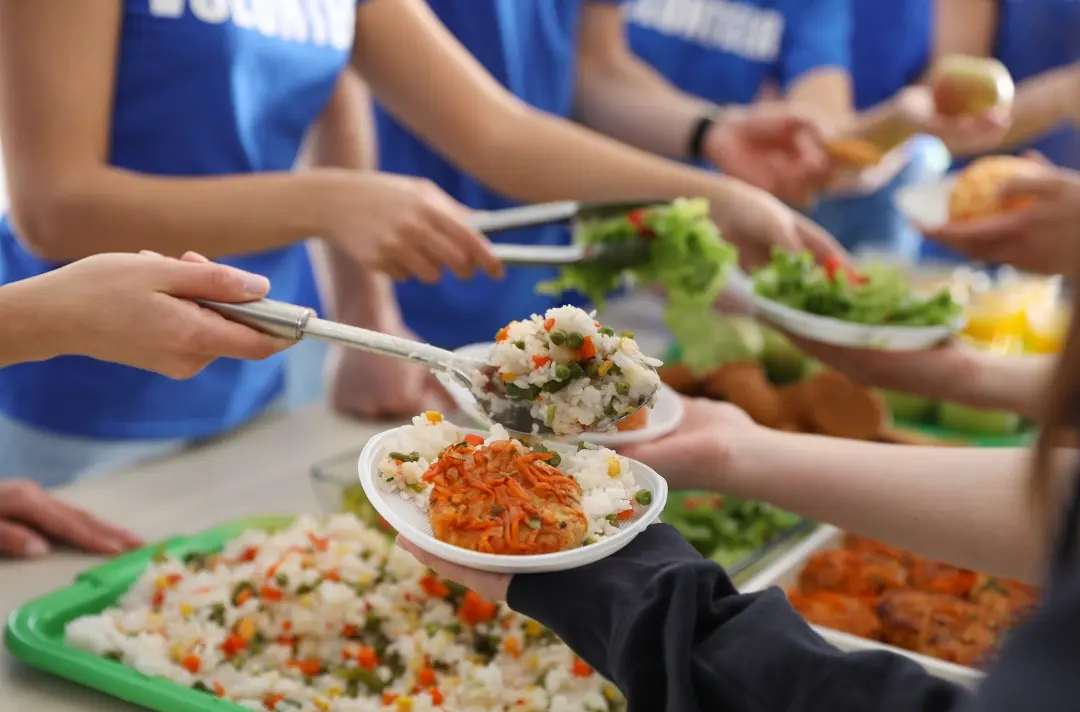
Commissioner Jane Paone reflects on food waste and our shared excess.
When you were young, were you told to finish what was on your plate? Was there any excess to share, any leftovers? I grew up in a large family with five siblings. Something about family time made food quite special: it wasn’t just the food, it was the sharing around the table.
Matthew 14:13–21 tells the well-known miracle of Jesus providing enough food for more than 5,000 people. Jesus withdrew to a ‘solitary place’ (v13), having just heard that his cousin, John the Baptist, had been beheaded during a lavish banquet held by Herod.
The crowds followed him and ‘he had compassion on them and healed their sick’ (v14 English Standard Version). Motivated by love, his ministry was one of healing and healthcare – including addressing their hunger. The disciples wanted to send the crowds away so they could go to the villages and buy food, but Jesus had other ideas. He reasoned: why would the crowd leave when they had something to share? They were to become active participants in a miracle of God’s abundant provision.
Jesus challenged the disciples: give them something to eat. How could they feed this great crowd with only five loaves and two fish? This simple but healthy meal was brought to the Master, who gave thanks, broke the bread and gave it to the disciples to distribute. The disciples witnessed how, when they shared, all ate and were satisfied, and not only that: they gathered up 12 baskets of leftovers. Those leftovers showed that God provides more than enough for his people.
This miracle is told in all four Gospels. In John 6:12, Jesus says: ‘Gather the pieces that are left over. Let nothing be wasted.’ The disciples were to be good stewards of God’s provision.
The Rev Warren Carter described this miracle as a life-giving feast, a taste of the Kingdom of God, which is often referred to in the Old Testament in terms of an abundant supply of food. It’s about community, joy and sharing together.
Jesus’ actions showed that it is God’s will that hungry people are fed. He anticipated the abundant blessing of good food described by Ezekiel 36:30 and Isaiah 25:6, and echoed the miracles of Elijah multiplying the widow’s meal and oil (see 1 Kings 17:10–16) and Elisha in multiplying the widow’s oil and in feeding a hundred people (see 2 Kings 4).
The first-century Roman empire was marked by significant inequality. Many people knew food insecurity. A small group of ruling elites enjoyed variety and quality of food, but most of the population lived around, at or below subsistence level, with inadequate calorific and nutritional intake. Today, there is still a need to feed the hungry in our world. Social inequality is still evident. There is obesity in the so-called ‘global north’ and malnutrition in the ‘global south’.
The number of people affected by hunger worldwide was as high as 828 million in 2021. And yet Article 25 of the Universal Declaration of Human Rights states: ‘Everyone has the right to a standard of living adequate for the health and wellbeing of himself and of his family, including food.’ The UN’s Sustainable Development Goal 2 is zero hunger – creating a world free of hunger by 2030. The global issue of hunger and food insecurity has shown an alarming increase since 2015, a trend exacerbated by a combination of factors including the Covid-19 pandemic, conflict, climate change and deepening social inequality.
According to the World Resources Institute, one third of all food produced globally by weight is lost or wasted between farm and fork – that’s more than 1 billion tonnes. At the same time, 1 in 10 people globally remain malnourished. Almost a billion people are going hungry while we waste a third of the food we produce.
How are we to live? What do we do with the leftovers? Why are the leftovers important? As a follower of Jesus, if God is providing more than you need, what will you do with the excess?
- Based on a session from the international care for creation Bible studies that take place each month, organised by Major Heather Poxon (THQ). For details on how to join them, email environment@salvationarmy.org.uk.
Written by
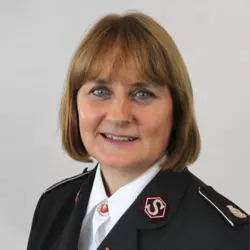
Commissioner Jane Paone
Secretary for International Ecumenical Relations, IHQ
Discover more
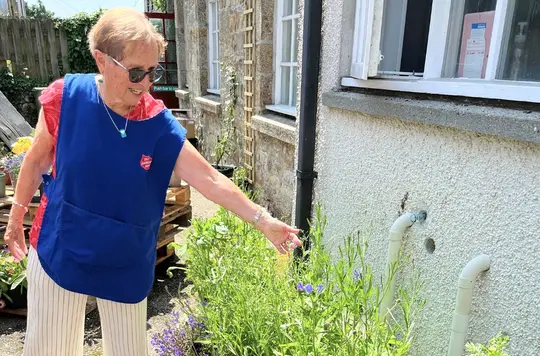
Salvationist catches up with four corps on their Eco Church journeys.
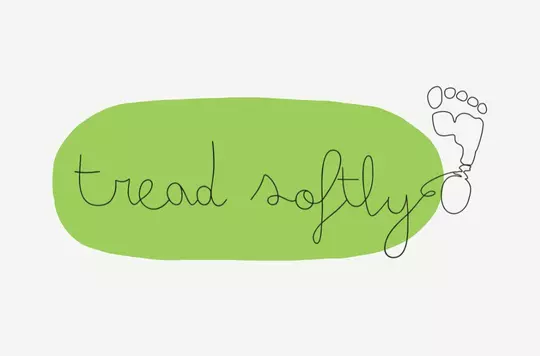
Supporting the territory to care for creation and tread softly on our common home.
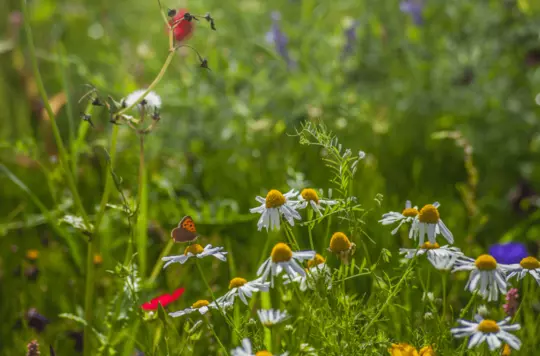
Major Heather Poxon (THQ) unpacks the care for creation mission priority.
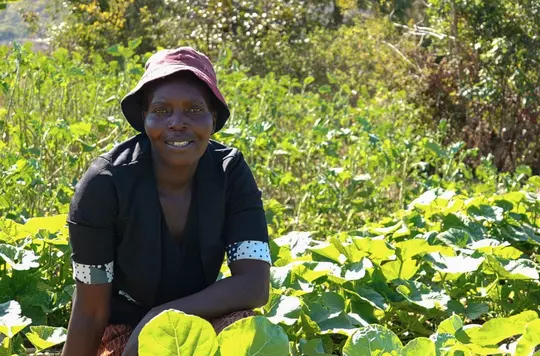
Hayley Still introduces the 2025 Helping-Hand Appeal, which supports international food security projects.